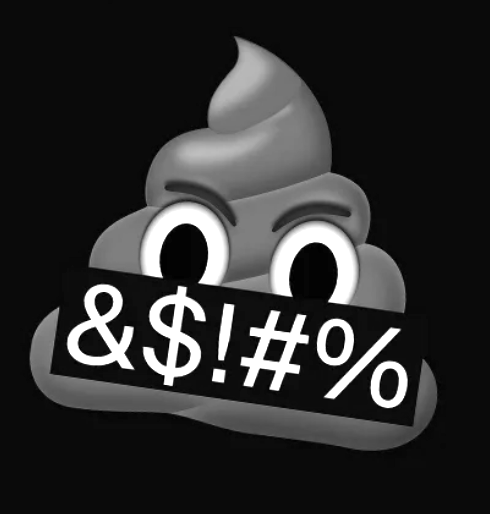Content:

Why the Internet is Turning to Shit
Current Affairs
08/22/2025
It’s not like for-profit corporations are the only possible model. You can nationalize things. In Britain, Jeremy Corbyn’s incarnation of the Labour Party had a detailed proposal for a publicly-owned internet provider, which drove his critics berserk (the BBC called it “broadband communism.”) That would undoubtedly be better than for-profit monopolies like Comcast, which are common across the United States and often charge people absurd prices for sub-par service. Or, right here in the U.S., the IRS had a very promising pilot program to release its own “Direct File” tax-preparation website and provide a free alternative to the increasingly enshittified TurboTax. Right-wing critics of the program hated how it “competes with software from tax-preparation companies,” and they’ve successfully lobbied Donald Trump to kill it off. But having a public competitor was exactly the point, and if TurboTax can’t keep up with one, it deserves to die.
The same logic can be applied to a lot more areas. There’s no technical reason we couldn’t have a nationalized search engine to compete with Google, completely devoid of advertising or surveillance. That’s what the public library card catalog used to be. In an initial concept paper about Google, even Larry Page and Sergey Brin warned that “the issue of advertising causes enough mixed incentives” that it would be “crucial to have a competitive search engine that is transparent and in the academic realm,” suggesting it could be run by a public university or a consortium of them. You could even have public alternatives to social media networks like Facebook and Twitter, serving as the PBS to their Fox News. Plenty of people smarter than me have made the case that all major web platforms should be publicly owned, since they serve—or claim to serve—the purpose the “public square” did in previous eras. But a serious discussion of nationalization and public ownership is strangely absent from Enshittification. What we get in its pages is social democracy at best, not socialism. Reform, not revolution.
I’m really not sure why that is. In the past, Doctorow has never had an issue with seemingly radical political content—I still remember fondly his young-adult novels about people who illegally pirate and remix Hollywood films, or teenage hackers fighting the Department of Homeland Security. Maybe he’s made a calculation that in the current Trump administration, the best we can hope for is regulation and new trade unions, and that the Big Tech companies’ position is so dominant there’s no practical possibility of overthrowing them any time soon. Maybe he’s got some kind of libertarian concern about “big government.” In any case, I still think Enshittification is worth reading for its insight into how we got here. But considering the size of the shit-heap we’re facing, I can’t help but wish it provided a bigger shovel.